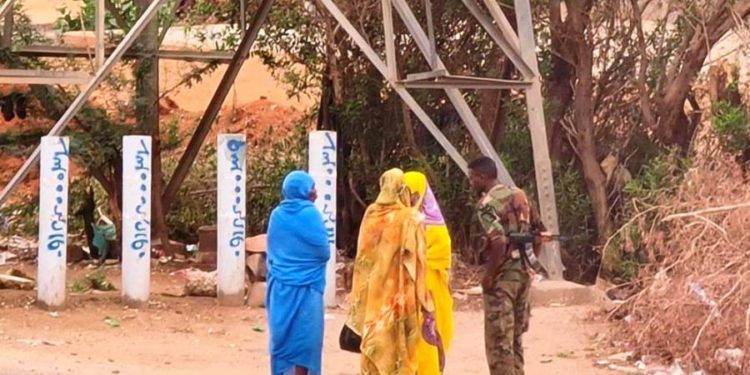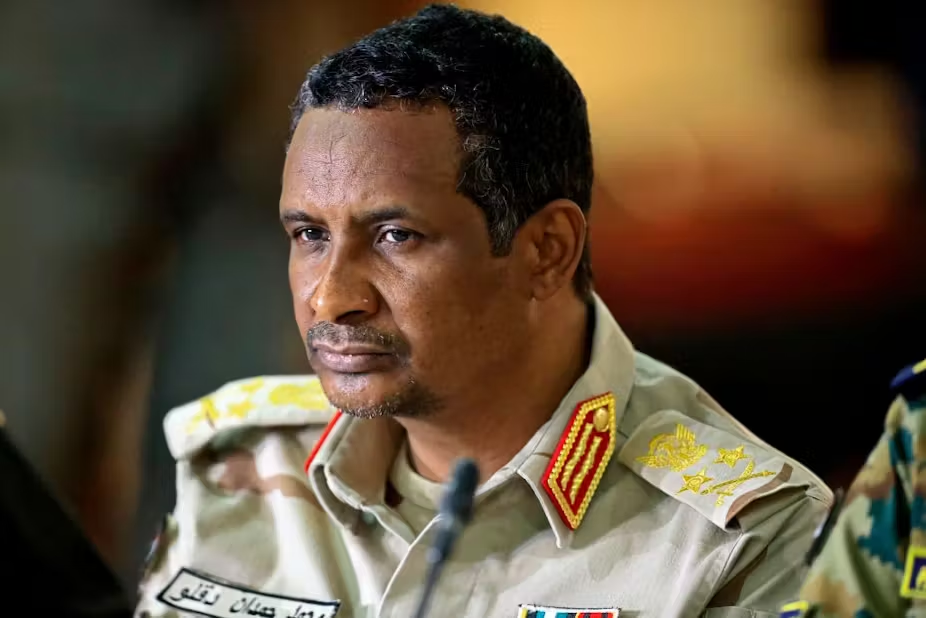By SUDAN TRIBUNE
March 6, 2024 (PORT SUDAN) – A human rights advocate has revealed that at least 12 women who were raped during the ongoing conflict in Sudan have undergone abortions, with others awaiting approval from authorities.
The revelation comes as the United Nations raises alarm over widespread sexual violence in the war. Earlier this month, UN Human Rights Commissioner Volker Türk reported that his office documented 60 conflict-related sexual incidents involving 120 victims, with 81% attributed to the Rapid Support Forces and affiliated gunmen.
Inaam Ateeq, a legal advocate with the “Together Against Rape and Sexual Violence” campaign, told Sudan Tribune that 12 women who were raped during the conflict have undergone legal abortions. She added that 20 other women who were raped have filed legal requests to terminate their pregnancies.
Sudanese law prohibits abortion except in two specific situations: to save the mother’s life or if the pregnancy resulted from rape, provided the fetus is less than 90 days old.
However, Ateeq alleges that some hospitals have refused to perform abortions for the victims, forcing them to travel to Wad Madani, the capital of Al-Jazira State, which is currently controlled by the Rapid Support Forces.
She further highlighted the plight of women who have gone missing after the attacks, while others, desperate for termination, have resorted to unsafe methods outside healthcare facilities, often resulting in death.
Ateeq also reported on challenges faced by victims seeking justice. While some have filed legal cases, the prosecution has filed them against “unknown armed parties.” Additionally, fear of insecurity and the lack of public prosecutors in some areas prevent other women from coming forward.
In response, the “Together Against Rape and Sexual Violence” campaign submitted a memorandum to the Attorney General on March 3rd. The memorandum calls for simplified procedures for abortion access for rape victims, acceptance of all evidence from victims, medical centres, and human rights groups, and flexible application of legal procedures to ensure access to justice.
The campaign is also scheduled to meet with Attorney General Mohamed El-Fateh Tayfour next week to discuss the concerns raised in the memorandum. Ateeq confirmed the meeting, which follows the submission of the memorandum, and stated that the campaign is currently preparing for the meeting through discussions with lawyers, civil society organizations, and victim support groups.
The campaign faces difficulties in monitoring rape cases due to limited information, disrupted communication networks, and the displacement of victims.
The Women’s Organization of the Horn of Africa (SIHA) estimates that the actual number of cases may be significantly higher than the reported 180, citing communication limitations and societal stigma surrounding sexual assault.
(ST)







Discussion about this post